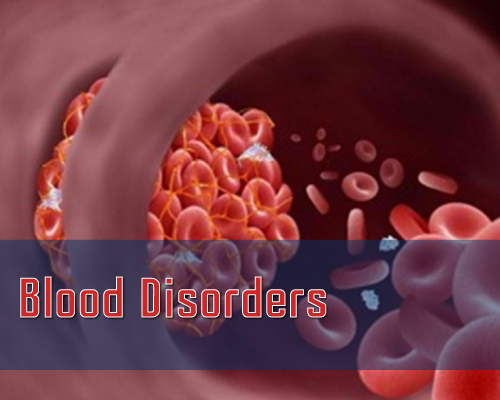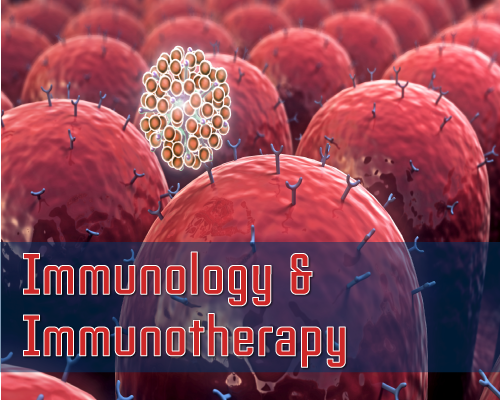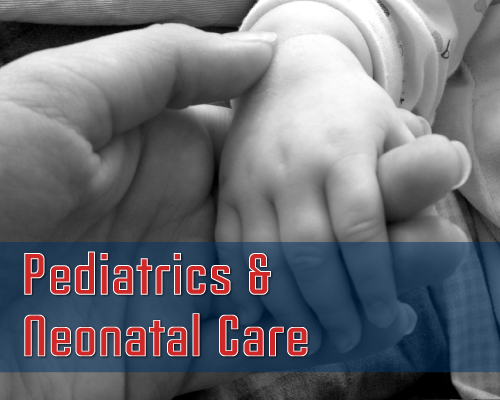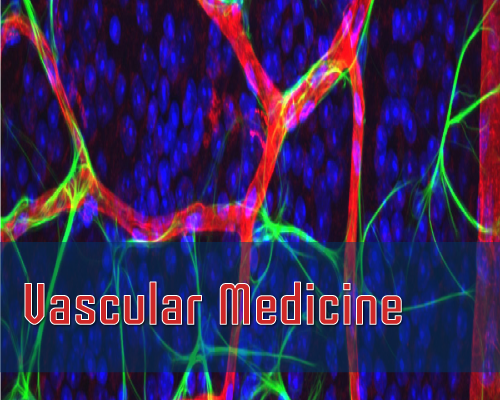King Faisal Specialist Hospital and Research Center, Jeddah, Kingdom of Saudi Arabia College of Medicine, Al-Faisal University, Riyadh, Kingdom of Saudi Arabia
*Address for Correspondence: eyad Dada, Department of Oncology MBC J-64, King Faisal Specialist Hospital and Research Center, Kingdom of Saudi Arabia
Dates: Submitted: 13 December, 2016; Approved: 15 February, 2017; Published: 16 February, 2017
Citation this article: Dada R. Nivolumab in Cancer Patients: Why OS and not PFS Matters. Int J Case Rep Short Rev. 2017;3(1): 008-009
Copyright: © 2017 Dada R. This is an open access article distributed under the Creative Commons Attribution License, which permits unrestricted use, distribution, and reproduction in any medium, provided the original work is properly cited.
We are entering new era of treating cancer patients with chemotherapy free protocols. Recently, several published clinical study results demonstrated clinical efficacy of single agent nivolumab in pretreated cancer patients. Ferris and colleagues published recently results of nivolumab in patients with recurrent head and neck cancer [1]. This study showed for 1st time in history of Squamous Cell Carcinoma of the Head and Neck (SCCHN) improvement of Overall Survival (OS) beyond 1st line. However, Progression-Free Survival (PFS) is not significantly different. Similar results were recently reported with nivolumab in renal cell carcinoma [2] and in lung cancer [3]. Although, oncologists like to see increased OS in cancer patients, we wonder and some of us are questioning the results of checkmate studies when PFS is not improved.
Subgroup analyses of recently published meta-analysis with inoperable non-small cell lung cancer suggested that check point inhibitors could not only significantly improve OS but PFS also in patients with high PD-L1 expression in contrary to those with low PD-L1 expression [4]. Unfortunately, we cannot draw the conclusion from this meta-analysis that heterogeneity of PD-L1 expression in SCCHN, renal cell carcinoma and lung cancer studies are responsible for the benefit in OS and not in PFS. The above mentioned Checkmate 025 trial in renal cell carcinoma demonstrated significantly increase in OS with nivolumab but no improvement in PFS regardless the PD-L1 expression. In this phase III study patients with =1% PD-L1 expression and those with <1% expression on renal cell tumor tissue had similar OS [2]. In contrary, the checkmate 026, a phase III trial, randomized 541 patients with advanced PD-L1 (=1%) positive non-small cell lung cancer to receive nivolumab or platinum-doublet chemotherapy in upfront setting [5]. OS and PFS were not improved with nivolumab despite selection of only those patients with PD-L1 positive tumor tissue. Additionally, in Checkmate 017 trial in patients with advanced non-small cell lung cancer PD-L1 expression of =1% was evaluated in 53% of tumor tissues and did not influence OS benefit of nivolumab over docetaxel [6]. This raises a yet unanswered question, when patients should be considered as PD-L1 positive? Furthermore, there are different detection methods for PD-L1, which makes comparisons between studies difficult.
We have to admit, that pseudo-progression is a fact and not a myth. It has been reported earlier and is still being reported. Same patients on same treatment can gain significant responses after disease progression in the first months of treatment. It might be interesting to look retrospectively to PD-L1 expression of those patients with responses to checkpoint inhibitors after initial tumor pseudo-progression. I think we have to ask ourselves whether PFS in the era of immune oncology is the right measurement tool. To answer this question, we should look again at the mechanism of action of nivolumab. It initiates immune mediated response. It is recognized that immune response is associated with some inflammation which is associated with swelling. That is probably the reason why initial follow-up images do not show responses and subsequently no PFS improvement. PFS is mainly based on changes of tumor size in images while OS is independent from images and tumor sizes.
Do we have to re-define our response criteria!
References
- Ferris RL, Blumenschein G Jr, Fayette J, Guigay J, Colevas AD, Licitra L, et al. Nivolumab for Recurrent Squamous-Cell Carcinoma of the Head and Neck, N Engl J Med. 2016; 375: 1856-1867.
- Motzer RJ, Escudier B, McDermott DF, George S, Hammers HJ, Srinivas S, et al. Nivolumab versus Everolimus in Advanced Renal-Cell Carcinoma, N Engl J Med. 2015; 373: 1803-13. Doi: 10.1056/NEJMoa1510665.
- Hossein Borghaei, Luis Paz-Ares, Leora Horn, David R. Spigel, Martin Steins, Neal E. Ready, et al. Nivolumab versus Docetaxel in Advanced Non-squamous Non Small-Cell Lung Cancer, N Engl J Med. 2015; 373: 1627-1639.
- Zhou GW, Xiong Y, Chen S, Xia F, Li Q, Hu J. Anti-PD-1/PD-L1 antibody therapy for pretreated advanced non-small-cell lung cancer A meta-analysis of randomized clinical trials, Medicine (Baltimore). 2016; 95: e4611.
- M Socinski, B Creelan, L Hom, M Reck, L Paz-Ares, M Steins, et al. Checkmate 026: A phase 3 trial of nivolumab vs investigator's choice (IC) of platinium-based doublet chemotherapy (PT-DC) as fits-line therapy for stage iv/recurrent programmed death ligand 1 (PD-L1)-positive NSCLC, ESMO 2016; LBA7 PR.
- Brahmer J, Reckamp KL, Baas P, Crino L, Eberhardt WE, Poddubskaya E, et al. Nivolumab versus Docetaxel in Advanced Squamous-Cell Non-Small-Cell Lung Cancer, N Engl J Med. 2015; 373: 123-35.
Authors submit all Proposals and manuscripts via Electronic Form!




























